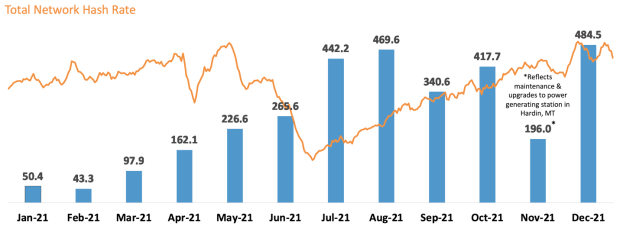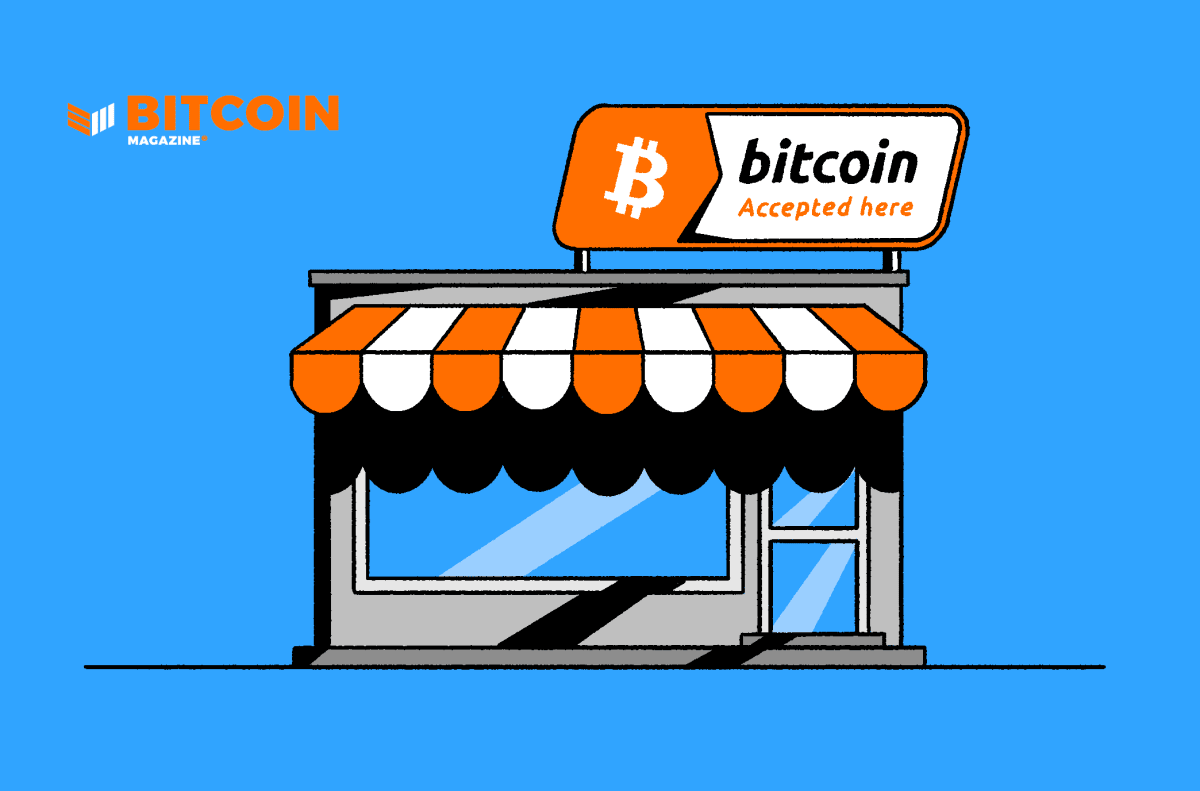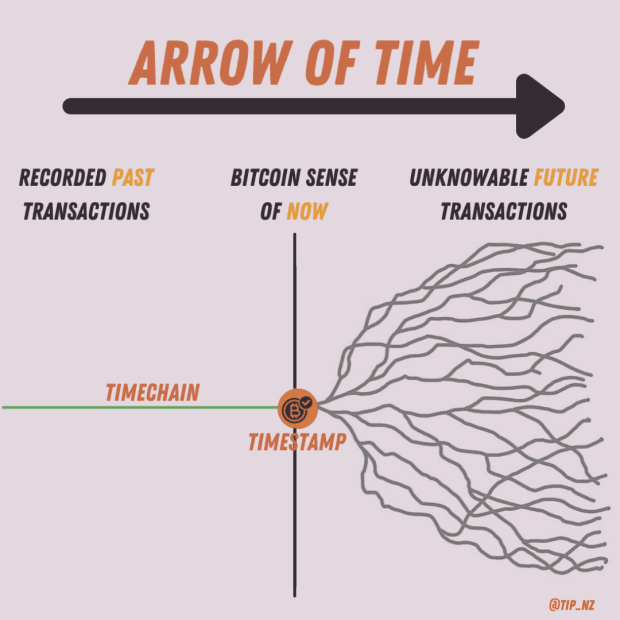Bitcoin, Evergrande And The Deteriorating Situation In China
Evergrande cannot be viewed correctly except in the context of the overarching economic situation in China.
Watch This Episode On YouTube
Listen To This Episode:
- BitcoinTV
- Apple
- Spotify
- Libsyn
- Overcast
- Rumble
In this episode of Bitcoin Magazine’s “Fed Watch” podcast, I discussed the emerging story of the week, Evergrande and the Chinese recession.
We first brought up Evergrande on episode 60, back on August 11, and at the same time I made the call that China would enter a recession within three months. Our position on “Fed Watch” has been bearish on China for over a year, and my personal position has been bearish since well before the 2020 coronavirus crisis began.
I started the podcast by describing what exactly is happening. Evergrande is in massive financial trouble, and likely to default on upwards of $300 billion in debt. But it isn’t alone. To meet its obligations, Evergrande has been trying to liquidate its assets, including land, apartment units, commercial real estate like its headquarters building, and more. All of this liquidation pushes prices down, which negatively affects the price of assets on other giant real estate developers in China. The contagion is spreading.
Seventy percent of household savings is in the form of real estate. The average person in China does not invest in the stock market or other financial assets, they strictly invest in real estate, gold and bitcoin, to a degree. More auxiliary homes are bought in China than first homes, as you can see consistently rising property values are very important.
Broad Economic Environment In China
Evergrande cannot be viewed correctly except in the context of the overarching situation in China. The backdrop for this Evergrande blow up is what I call the “Second Communist Revolution” in China. Marxism is a process which the CCP fully embraced back in the late 1970s. First comes capitalism to build up capital and wealth, to build the means of production. When the income inequality gets to a critical degree, the workers revolt and seize the means of production from the capitalists. In other words, a capitalist phase is necessary for Marxist communism. China is displaying a return to more strict communist principles. We’ve seen this shift toward more authoritarianism, starting with Hong Kong, but now reaching tech companies, fintech, IPOs, the education industry and entertainment.
There is no way that the CCP didn’t see Evergrande coming, or that it doesn’t know how to bail it out. What the CCP is wanting is a redistribution of resources away from giant housing projects and into industry. This is a very difficult task, one that requires the collapse of the property bubble in China.
Evergrande’s Effect On The Rest Of The World
The rest of the world is not immune from the Chinese credit collapse, however, it will affect different economies to a greater or lesser extent. The U.S. should be fairly insulated, while countries more dependent on the current international liberal trade order, like Germany, might be hit harder. I draw the parallel to the European debt crisis after the first Great Financial Crisis. At that time, the trouble was focused in Europe and the rest of the world simply slowed. This could be similar, China has a crisis and the rest of the world slows down.
We are already in a period of shortening supply chains, on-shoring, and realignment of trade partners. This Chinese crisis might quicken that process, cutting China off more from the world.
Evergrande’s Effect On Bitcoin
Bitcoin has no counterparty risk, and in a deflationary credit crunch, you don’t want to hold assets that are someone else’s liability. Of course, in the credit-based money system we have now, that is nearly impossible, but bitcoin provides an elegant and easy solution. Therefore, the dollar can rise in a liquidity crisis along with bitcoin. It is important not to rely on an investment thesis for bitcoin that relies only on inflation, because when people realize we’re stuck in a deflationary environment, the reason to buy bitcoin would go away.
I finished up the podcast with a discussion about the bitcoin price and the possibility that tether is exposed to Chinese commercial paper. That would be horrible for tether and altcoins, but relatively neutral for bitcoin, though it would increase some short-term uncertainty.









